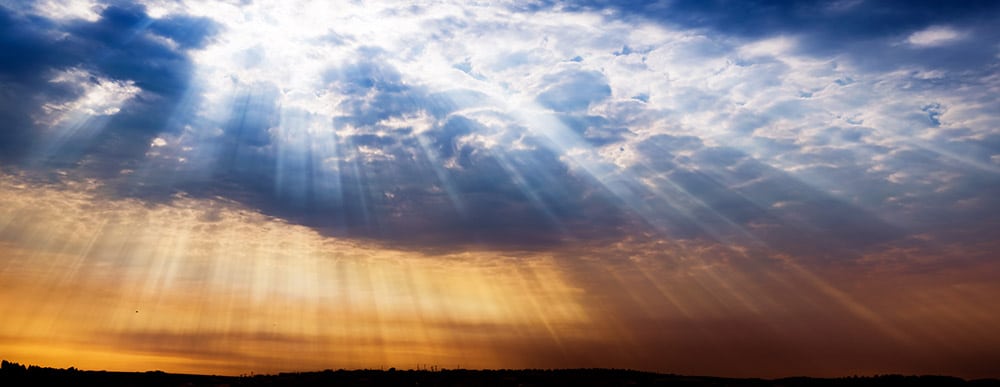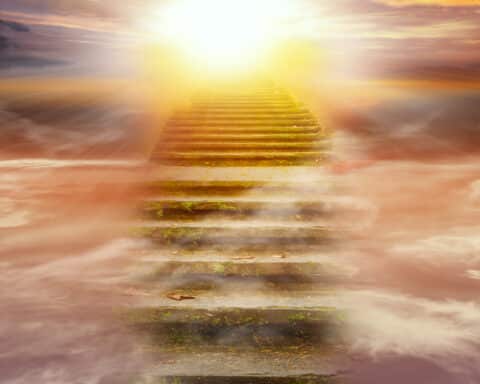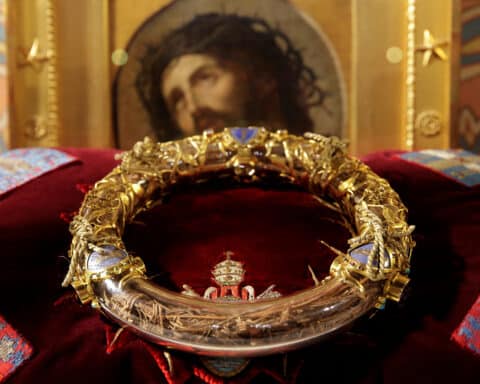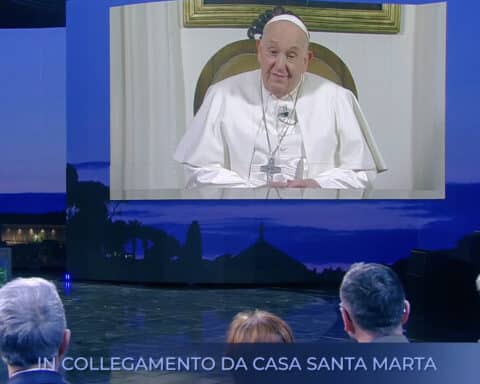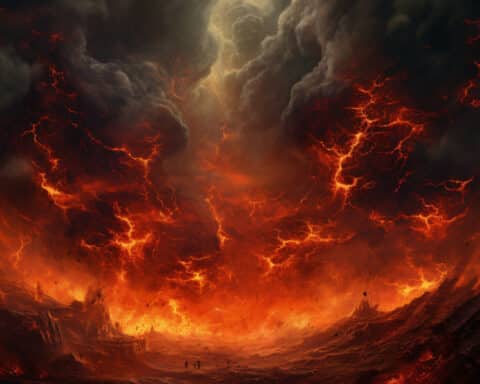
Thus wrote C.S. Lewis in the preface of his classic “The Great Divorce.” While the beloved Christian author does not propose to know the facts about heaven and hell and life after death, this well-written thought experiment has highly influenced how I approach my relationship with God and how I view my journey to heaven.
In 2019, I made it my literary goal to read as much of Lewis as possible. This included the complete Narnia series in addition to some of his popular essays and short stories, including “Mere Christianity,” “The Four Loves” and “The Screwtape Letters.” “The Great Divorce” was the final work by this literary genius that I read during that year. It was also the one that rocked my spiritual world the most, but that might have to wait until another article.
For those who are unfamiliar with “The Great Divorce,” Lewis provides a visual representation of what heaven, hell and purgatory might be like. An unnamed narrator, who is likely Lewis, finds himself in a landscape of spirits — those who have entered into eternal glory — and ghosts — those who will remain a shadow of who they could have been had they had accepted God’s grace. Here the narrator sees the struggles that keep the ghostly figures from God’s invitation of eternal joy, usually stemming from too strong a love of themself and too little a love of others.
In light of current world circumstances, an honest opportunity for self-reflection seemed in order, so I decided to pick up this book again. And like the first time I read this classic, I was struck by how plainly it helped me recognize my own idols and unhealthy perspectives that keep me from making Christ the king of my life, as he ought to be.
November is the perfect time to consider the four last things: death, judgment, heaven and hell. This is not only because earlier this month we celebrated All Saints Day and All Souls Day, but also because the month wraps up with the solemnity of Christ the King, celebrated every year on the Sunday before the beginning of Advent. For we cannot consider the four last things without remembering the one who reigns on high. Otherwise, we will end up like the ghosts in Lewis’ story, too self-absorbed and forgetting the mercy and grace of the king himself.
“The Great Divorce” is a book of hard truths coupled with honest hope. And that is also what the feast of Christ the King is about. Both remind us that, no matter how much we try, this world will never become heaven. And both encourage us that we are not beyond saving, and that the struggles we endure in our present, temporal reality are opportunities to accept God’s grace so that we can be redeemed by our king and one day live in union with him in heaven. Truth and hope, two things we need very clearly in 2020.
While I highly encourage everyone to read this great work of literature, I can’t help but share one more quote that struck me as I pored through it this month.
Near the conclusion, a character tells the narrator: “Redeemed humanity is still young, it has hardly come to its full strength. But already there is joy enough in the little finger of a great saint … to waken all the dead things of the universe into life.”
Just as the blood of the martyrs is said to be the seed of the Church, so, too, the joy of the saints is what keeps us going. So as we proclaim that Jesus is king and remember that heaven is our home, let us respond with joy to God’s grace. Even in the struggle and chaos, God reigns.
Ava Lalor is assistant editor for Our Sunday Visitor and editor for Radiant magazine.

